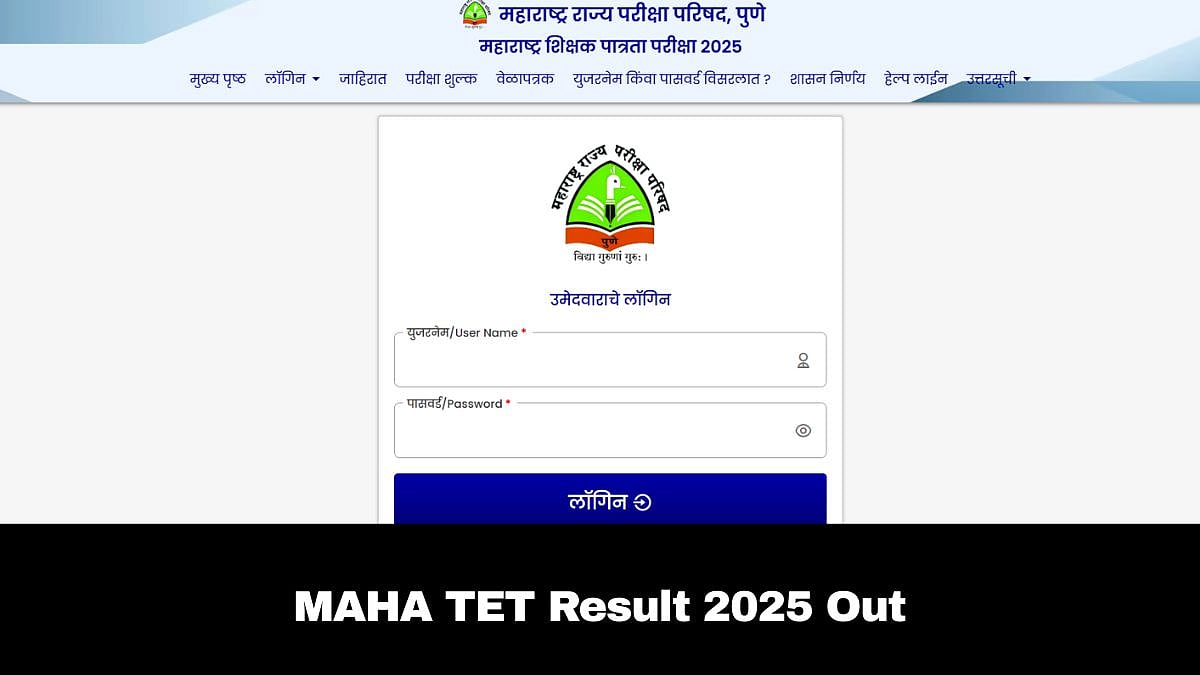He was an iconic figure in the cultural history of the Indian sub-continent having contributed greatly to Hindi literature and music, writes MEEERA S. SASHITAL.
At a time when lot of Sufi Music is in the air, we cannot help remembering Ab’ul Hasan Yamin ud-din Khusro (1253-1325CE) better known as Amir Khusro Dehlavi (meaning Amir Khusro of Delhi) or simply Amir Khusro who was a Sufi musician, poet and a scholar. He was an iconic figure in the cultural history of the Indian sub-continent having contributed greatly to Hindi literature and Music.
The language in which Khusro wrote it is learnt he himself described as Hindvi, which bears close resemblance with Khari Boli and even present-day Hindi. It was a mixed language born as a result of the intermingling of the Muslims and the Hindus. This improvised tongue became a kind of lingua Indica for the royal court in Delhi and all those who came under its influence.
Even today after a lapse of more than six hundred years, Khusro’s verses seem modern. Amir Khusro was a true path finder, a great historian, a musician, a soldier, a naturalist and a mystic. As a linguist and a poet he was peerless. He gave a new turn to the development of the various dialects spoken in and around Delhi, dialects which long after him combined together in order to become one language called Hindi.
From the various accounts of Amir Khusro’s life given by historians, Khusro was keen to bring the Hindus and the Muslims closer and for doing so he thought of a common language for both of them. Khusro was the first to write in Hindvi or Khari Boli. He started versifying in this language as early as 12580 A.D. when Balban was the Sultan of Delhi. It is learnt, Khari Boli was then struggling for the status of a dialect. Khust’s poetry gave it more than that. Although universally recognized as the architect of Khari Boli, Khusro also wrote in Brajabhasha.
Amir Khusro wrote poetry primarily in Persian, but also in Hindavi. A vocabulary in verse, the Khaliq Bari, containing Arabic, Persian and Hindavi terms is often attributed to him Khusro lived for 72 years and saw the rise and fall of eleven Sultans in Delhi. He was a court poet to as many as seven of them. He is said to have written over seventy books of which only about twenty-five are extant. Being a man of all-round accomplishment Khusro besides being a scholar in Persian his intellectual curiosity led him to pick up Sanskrit and the local language of the North.
To educate his Muslim patrons and friends in the language of Hindustan, he did not choose traditional themes like religion or philosophy. He chose simple common things of daily life punctuated with riddles. For example ‘On Umbrella’ (Wearing a round skirt, a damsel standing on one leg, moves like a whirligig. She has eight hands and an ugly appearance, yet everyone, Hindu or Muslim, wants to possess her. Khusro has posed a riddle. Think over and say what it is). More than for the courts, Amir Khusro wrote for the masses. In a poem entitled Ashiqa, Amir Khusro pays a glowing tribute to the Hindi language and speaks of its rich qualities.
Amir Khusro was a mystic and a spiritual disciple of Nizamuddin Auliya of Delhi. Having come under the influence of this great Sufi saint, he had acquired a liberal out-look on religious and social matters Like his preceptor he could not bring himself to differentiate between the Muslims and the Hindus. It seems at heart he was opposed to the official policy of suppression of the Hindus and denigration of their faith.Khusro was a true representative of Indo-Muslim culture. Born of a Turk father and an Indian mother, Khusro’s sensitive mind did not take long to imbibe humanistic qualities. In his person he came to represent the richness and variety of Indian culture. Born in India he was proud to be an Indian and had developed a rare sense of patriotism and was never tired of expressing his fondness for things Indian and admiring their faith. He was a true representative of Indo-Muslim culture.
No account of Amir Khusro’s life-work can be complete without reference to his being also a great Musician. He had enriched it by introducing as many as eleven new Ragas. He is regarded as the ‘father of Quwwali” (a devotional Music form of the Sufis in the Indian Sub-continent). He introduced the Gazhal style of song into India. This style is till widely prevalent in India and Pakistan. He is also credited with introducing Persian, Arabic and Turkish elements into Indian Classical Music and was the originator of the Khayal and Tarana style of music. Amir Khusro has been reputed to have invented Musical instruments Sitar and Tabla.
As already said, Khusro also composed for the masses. His Dohas (couplets). Do Sakhuni (bilingual couplets in Hindi and Persian) and Pahelis (riddles) are popular even today. He had written folk songs also. All these forms are characterized by his peculiar spontaneity of expression, lucidity of his style and his typical vocabulary with an exquisite combination of Persian and Hindvi. It is said Amir Khusro and Vidyapathi shared many qualities in their poetry forms for example combining poetry with music, nearly everything they wrote lent itself to musical strains characterized by melody, rhyme and sweet symphony.
Amir Khusro’s verse:
Ek sajan who gahra pyara jase ghar mera ujiyara,
Bhor bhai tab bida kiya, ai sakhi sajan, na sakhi siya.
(A very dear friend (I know) who
illumines my house. I bid it good-bye early in the morning. Is it your lover, dear?
No, it is the earthen lamp (diya). -“On earthen lamp”.)









